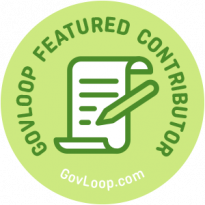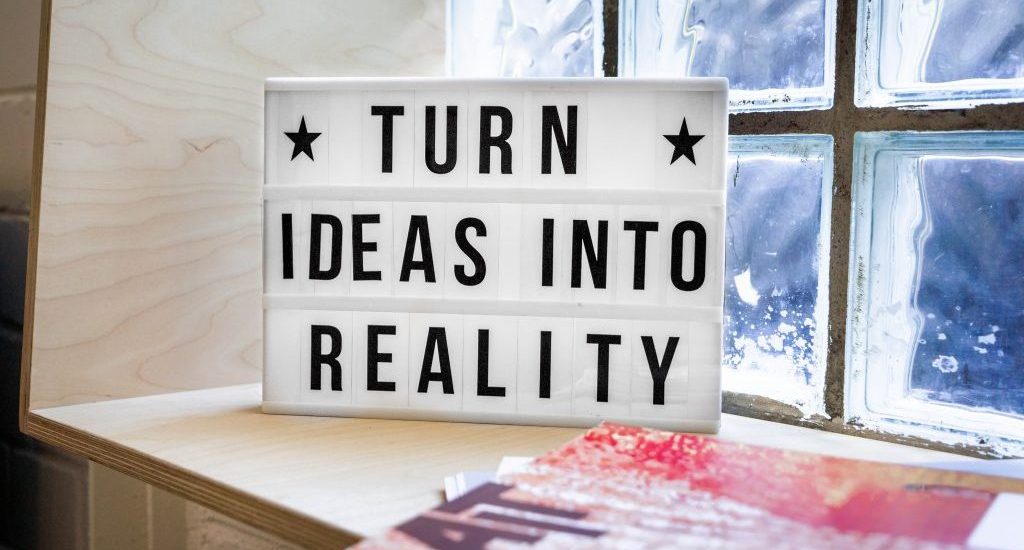This morning I taught myself how to customize a software program with html coding. I had not done it in a while and felt like I was pulling cobwebs off skills I could easily tap into 10 years ago. Earlier this week I was searching for a refresher on data validation in Excel. Last year I took a deep dive into behavioral economics and how to apply those theories to internal communication campaigns. That’s a wide spectrum of skills, and even more so when you consider the types of developmental activities I used to skill up. The fact was, I needed a new skill — and I’m not alone. The World Economic Forum estimated that 50% of the workforce will need to learn a new skill entirely by 2025. That’s just three short years away. Likely, you’re already experiencing this pressure.

With the pace of the world accelerating and the needs of our clients and constituents too, we need to keep pace in order to maintain relevance and service. Personally, it means we’re more competitive for future roles and promotions and can create more of an impact.
But it’s not just about picking a random skill and going to a class. Make the most of your time and energy by being intentional with your reskilling or upskilling efforts. Here are three tips for accelerating your development!
Focus Your Efforts
You may have a list of skills you want to develop. Avoid falling into the “do all the things” mindset. Rarely can we actually “do all the things.” In fact, when we focus on too much, we end up diffusing our energy, which means that instead of accelerating forward, we stall out. Instead, do what I call “focus fire” — a term borrowed from gaming. When you focus fire, all of your effort is concentrated in a single area. Consider the carnival game where you are shooting a water gun to power a racer. Inevitably, if you don’t focus your water primarily on the target, you won’t win the game. Those that “focus fire,” do.
In a development context, this means looking at your list of development goals or skills and selecting the ONE that will have the biggest impact. Start with one goal or skill and develop in that area. Once you reach your goal, you can shift your attention to another developmental area. In concentrating your efforts, you’ll be able to accelerate your development and create a bigger impact.
Your Turn:
Look at the list of skills you want to develop. Consider the following questions to select where to start.
- Which skill would have the biggest impact on your overall performance if you were to increase your competency?
- Which skill would get your closer to your goal if you were just 10% better at it?
Involve People
We know other people can help us in our development, yet this resource is often relegated to mentoring programs alone. While important, formal mentoring programs are not the only way in which we can tap into others to support our development.
Fundamentally, people can’t help if they don’t know — they aren’t mind readers. When we share with others what our development plans are, they can help. Perhaps it’s an additional level of feedback, exposure to a new committee, or an opportunity for a stretch assignment. When we share our development goals with others, they can help us by opening new doors that might otherwise remain shut. Additionally, now that they know you are focused on developing a specific skill, they can give feedback they otherwise might not have provided. Bottom line, you’ll miss out on a significant opportunity for development if you keep your goals to yourself.
Your Turn:
Think of a skill you want to develop more expertise in. Now challenge yourself to follow through on an action item below to ensure you have the social support you need to help you develop.
- Tell your supervisor that you’re interested in developing a specific skill. What projects or committees are available for you to participate in to help stretch yourself in this area?
- Share your development focus with a peer. Ask them for feedback after they see you in action. Leverage the feedback questions from my previous blog series to make sure you get the feedback you want!
- Identify someone who you think is skilled in the area in which you want to develop. Let them know you think they’re awesome, and ask them if they would share their top two tips or other resources for development.
Look Beyond Training
If I were to ask you, “what’s one action you could take to develop in your skill?” You’d likely identify a training course. While helpful, it’s important to remember that there are more ways to develop than training courses. In fact, the most impactful development plans include what learning and development professionals refer to as the 3Es — education, exposure, and experience — or learning from courses, learning from others, and learning from doing. Including a mixture of these types of activities will not only give you a A+ plan, but it will also mean you develop your skills in a sustainable, practical way.
Here’s an example for Rhaenyra, who is focused on developing influence skills and how they can use the 3E model to ensure they don’t rely exclusively on training.
- Education (training): Complete a communication course on inspiring others to action
- Exposure (people): Rhaenyra identifies someone they believe is highly skilled in this area and meets with them to discuss their go-to tips for influencing others
- Experience (doing): Rhaenyra takes on a small project at work where they need to rally the team around a common goal.
Your Turn:
Think about a skill you are currently focused on developing. In what ways have you incorporated learning from others and learning from experience? Stretch yourself when choosing how to develop your skill by ensuring you also include learning from others and learning from experience in your development plan.
Remember, training is helpful, but when we rely on it exclusively for our development, we lose time and depth. Instead, to gain speed, first narrow your focus to a single skill, and then use training as a starting point. From there, think of how you can learn from others and experience to accelerate your development.
Dr. Jamie Crews is certified Senior HR professional with nearly two decades of public sector HR experience. She specializes in strategic talent management with an emphasis in leadership and organizational development. Jamie helped establish and now leads the County of Orange’s first Organizational Development function. As an experienced change practitioner, Jamie has led large scale organizational changes, talent development and initiatives, and served as a coach to senior leaders. She loves partnering with leaders to maximize their potential and that of their team. Her research focus is on women in leadership, with an emphasis on public sector leaders. Connect with her on LinkedIn!





Leave a Reply
You must be logged in to post a comment.